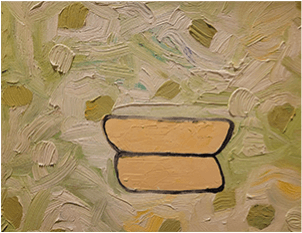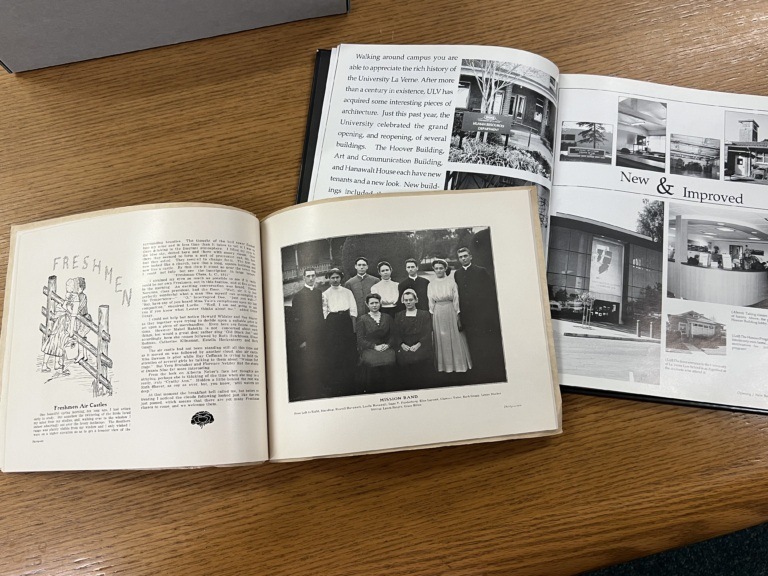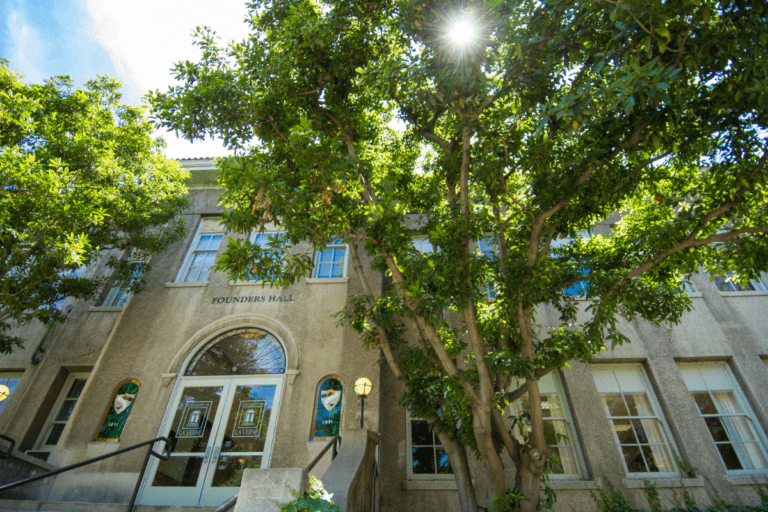University of La Verne to Host Pan American Universities Debating Championship
Hundreds of students from North and South America, Central America, and the Caribbean will gather at the University of La Verne on March 10-12 for the 2017 Pan-American Universities Debating Championship.
It is the first time the university is hosting the event, which features three days of British Parliamentary debate in both English and Spanish.
The university last hosted a debate tournament of this magnitude in 2013, when it was home to the U.S. Universities National Debate Championship, said Rob Ruiz, debate team adviser.
“This is the only major tournament in which motions are debated in both English and Spanish,” Ruiz said. “For that reason alone, it is among the premiere competitions in the world. It is also a big warm up for the U.S. Universities Debate Championship in April, so I expect to see world-class debate.”
About 100 teams representing 76 colleges and universities – including Cornell, Yale, University of British Columbia, UCLA, and University of Hawaii – will compete. Spanish-speaking teams from Mexico, Venezuela, Colombia, Mexico, as well as judges from Argentina, will also participate.
There will be two debating divisions – one in English and one in Spanish. Teams in both divisions will debate the same issues.
University of La Verne students are preparing to compete in both divisions, which presents challenges not seen in English-only competitions. Students have been watching tapes from previous competitions to discover language barriers that other debaters encountered in the previous three years.
Ruiz said debaters struggle with Spanish pronouns, which can vary from one Spanish-speaking nation to another. And in some cases, an English word may not have a Spanish equivalent.
“There is not a Spanish word for ‘nuclear’ so my debaters must describe this term,” Ruiz said.
Debaters also have to be cautious about Spanish slang words that may not be understood by other teams.
As in other debate competitions, topics to be debated will not be released until the tournament, but Ruiz expects to see current hot topics affecting the U.S. and other participating countries such as immigration and transgender protection laws.


